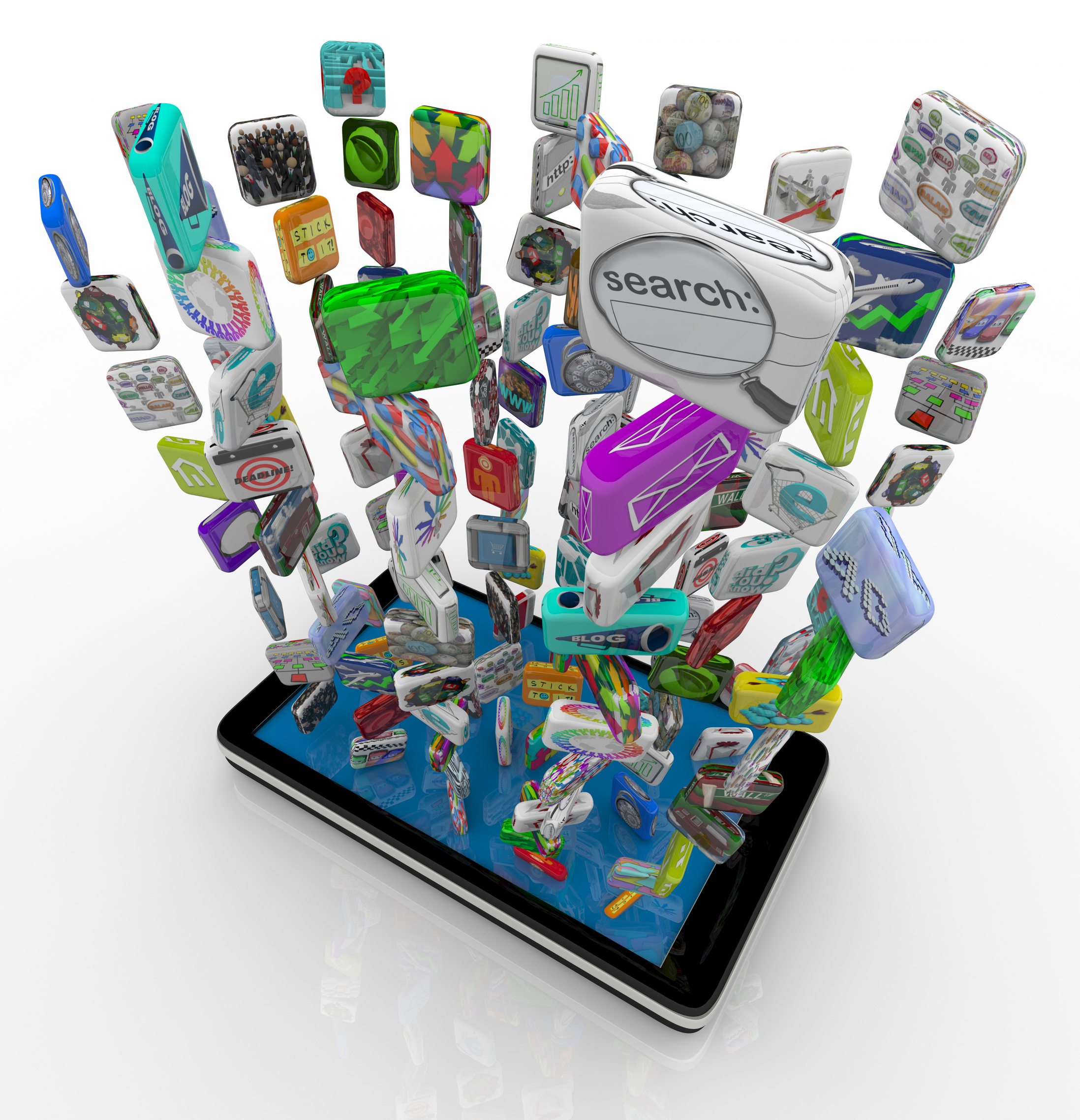It is no secret that our smartphones contain valuable and personal information that one would like to be kept private. Without even thinking, we may be sharing some of it on a daily basis. The one frightening fact is that once something is out, it is there forever and recent data invasions should definitely raise important awareness. A recent study showed that 80-90% of the top paid/free apps (Android and iOS) had at least one risky behavior. These are some of the ways your information may be at risk through the use of apps:
1) UNENCRYPTED DATA – So many apps nowadays collect your information (name, email, phone number for example) and leave it “unencrypted” or “open.” While convenient, there really is no way to determine if your data is safe or not.
2) LOCATION – Some apps obviously need to know your location (any GPS type app) to properly function. Others however do not but will try to get it in order to simultaneously work with advertisers. You can monitor “location services” in settings but be aware that some apps just will not function and at that point will be useless.
3) ADS – Advertisers obtain profiles that follow us and we really can’t tell where that information ends up. Also, most online ads come from ad networks that supply code app makers can embed in their apps. Some of these codes are carefully creat4ed and secure, other times not and can be easily hacked. One simple thing you can do is avoid using apps with ads but that usually means having to skip the free version. A bonus for iOS 7 users is to “limit Ad tracking” in settings, basically telling ad networks you are a new person.
4) TRY TO KEEP THINGS SEPARATE – Although it is so convenient to have apps tie in with y our social media accounts, the minute one gets “compromised” (and they usually do), so does everything connected to it. If you must continue with single sign in, make sure it is with trusted, known apps at least.
5) CALENDARS/ADDRESS BOOK – Probably the easiest way for advertisers to get your information. Remember access to these does require permission – simply don’t grant it if you don’t think it requires it to function.
6) IN-APP PURCHASES – Many apps are available for free (especially games) but come with the “options for extras” at a price. There are many stories of children racking up bills (Apple actually settled with the FTC for $32.5 million over this particular issue). Even adults pay “extra” to level up in certain games. In iOS, restrictions can be enabled in settings.
Realistically speaking, it is inevitable to not have your information shared from your smartphone. However, we can try our best to be aware and diligent. We are all guilty of just agreeing to “terms and conditions” without reading them, but it can really avoid a headache in the long run. If something doesn’t make sense to your own judgment, you may not need that app after all.


















